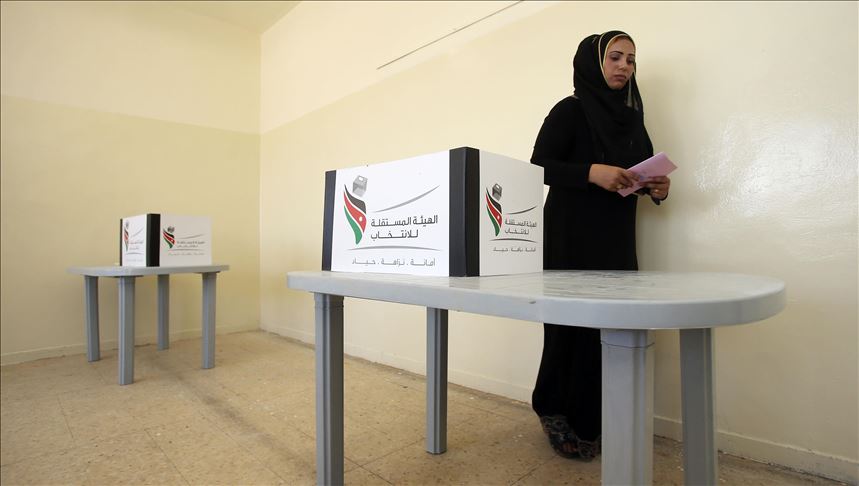Jordanians will head to the polls on Tuesday to vote for a new parliament amid widespread frustrations over a lagging economy and the ongoing war in Gaza.
Just two days ahead of the vote, in a rare surge of violence, a Jordanian killed three Israeli guards at the border crossing between Jordan and the occupied West Bank.
The elections, which take place every four years, are the first to be held under a law passed in January 2022 that increased the overall number of seats in the house, reserved a higher number for women and lowered the minimum age for candidates.
Those running include representatives of major Jordanian tribes, centrists and pro-government candidates, but also independents, leftists and those belonging to the Islamic Action Front (IAF), the political arm of the Muslim Brotherhood and the largest opposition party.
Gaza war
He is one of the more than 5.1 million people registered to vote in the country of 11.5 million, according to the election commission.
“Our country, unfortunately, is surrounded by a series of crises and endless wars,” he told AFP.
Israel’s deadly military offensive in the Gaza Strip since October 7 has angered many Jordanian voters, about half of whom are of Palestinian origin.
Jordan said on Sunday that one of its citizens, Maher Diab al-Jazi, was the truck driver who shot three Israeli security guards at the King Hussein Bridge leading into the West Bank, also known as the Allenby Bridge crossing.
The Jordanian interior ministry, citing a preliminary investigation, said he acted alone.
The war in Gaza, and growing unrest in the West Bank, has taken centre stage for some candidates running in Jordan’s election.
“The Gaza war and the Palestinian cause occupy a major place in the Jordanian elections, as all eyes and minds are on Gaza and Palestine and the massacres taking place there against the Palestinian people,” Saleh Armouti, a former MP and current candidate for the IAF, told AFP.
Tourism slump
The protracted war in Gaza has also significantly affected tourism in Jordan, a sector that contributes approximately 14 percent to the country’s gross domestic product.
It has led to a decline in revenues in a country where public debt is approaching $50 billion and unemployment reached 21 percent in the first quarter of this year.
The economy is heavily reliant on foreign assistance, particularly from the United States and the International Monetary Fund.
Oraib Rantawi, an analyst and the head of the Amman-based Al Quds Center for Political Studies, believes that a sector of Jordanian society “thinks that what is happening in Gaza is more important to follow, and therefore has paid less attention to the elections and might abstain from participating”.
He predicts that political groups that have been vocal on Gaza will benefit from their position, like the Islamists, “but not to a degree that raises concerns as some parties fear”.
“The improvement in these forces’ status and parliamentary representation will be modest,” he told AFP.








